Cummins ISB6.7 CM2350 (2013-17) Fault Code: 2961 PID: 412 SPN: 412 FMI: 15 Exhaust Gas Recirculation Temperature- Data Valid But Above Normal Operational Range- Least Severe Level
Circuit Description
The exhaust gas recirculation (EGR) temperature sensor is a variable resistor sensor and is used to measure the temperature of the EGR gas flow after it exits the EGR cooler. The engine control module (ECM) supplies 5 volts to the EGR temperature signal circuit. The ECM monitors the change in voltage caused by changes in the resistance of the sensor to determine the EGR flow temperature. The EGR temperature value is used by the ECM for the engine protection system and engine emissions control.
Component Location
The EGR temperature sensor is located on the EGR connection tube between the EGR cooler and the air intake connection.
Conditions for Running the Diagnostics
This diagnostic runs continuously when the keyswitch is in the ON position or when the engine is running.
Conditions for Setting the Fault Codes
The Engine Control Module (ECM) detected the EGR temperature was greater than 210?C [410?F] for more than 5 seconds.
Action Taken When the Fault Code is Active
1)The ECM logs the fault code immediately when the diagnostic runs and fails.
2)Engine torque will be reduced.
Conditions for Clearing the Fault Code
1)To validate the repair using a Diagnostic Road Test, utilize a route that incorporates both stop and go city type driving and steady state highway type driving. It may be necessary to load the unit for certain diagnostics in the ECM to run.
2)To validate the repair using a Chassis Dynamometer, utilize a routine that incorporates acceleration and motoring events, steady state highway type operation, and load. This will simulate normal driving and allow the diagnostics in the ECM to run.
3)The fault code status displayed by INSITE? electronic service tool will change to INACTIVE immediately after the diagnostic runs and passes.
4)The Reset All Faults command in INSITE? electronic service tool can be used to clear active and inactive faults, as well as extinguish the MIL for OBD applications.
Possible causes:
1) Plugged or restricted EGR differential pressure sensor ports
2) Damaged EGR differential pressure tubes
3) A malfunctioning EGR valve
4) A low reading from the EGR differential pressure sensor
5) A low reading for the EGR valve position sensor
6) High exhaust temperatures
7) Low coolant level
8) High coolant temperature
9) An incorrect coolant/water mixture
10) A stuck closed variable geometry turbocharger
11) A fouled EGR cooler.
Note: This fault code will most likely not be active with no load in the shop. The engine must be loaded to trigger this fault code.


 AGCO
AGCO ALLISON
ALLISON BENDIX
BENDIX BOBCAT
BOBCAT CAT
CAT CLAAS
CLAAS CNH
CNH DAF
DAF DETROIT
DETROIT EATON
EATON FREIGHTLINER
FREIGHTLINER HINO
HINO HITACHI
HITACHI ISUZU
ISUZU JCB
JCB JOHN DEERE
JOHN DEERE JPRO
JPRO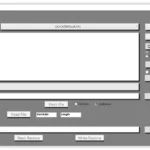 MAGIC TUNER
MAGIC TUNER MAN
MAN Navistar
Navistar PACCAR
PACCAR PERKINS
PERKINS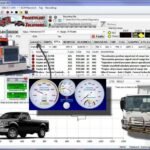 PF DIAGNOSE
PF DIAGNOSE PSI POWERLINK
PSI POWERLINK RENAULT
RENAULT SCANIA
SCANIA THERMO KING
THERMO KING UD NISSAN
UD NISSAN VOLVO
VOLVO WABCO
WABCO ZF TESTMAN
ZF TESTMAN
 BELL
BELL BENDIX
BENDIX BOBCAT
BOBCAT CARRIE
CARRIE DAF
DAF DETROIT
DETROIT EATON
EATON FUSO
FUSO MACK
MACK
 Cumminz
Cumminz ISB4.5 CM2150
ISB4.5 CM2150 All Engines (2017 Emissions)
All Engines (2017 Emissions) PACCAR
PACCAR
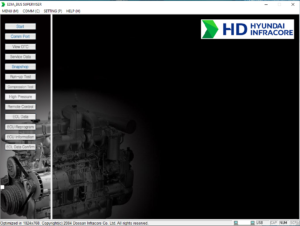
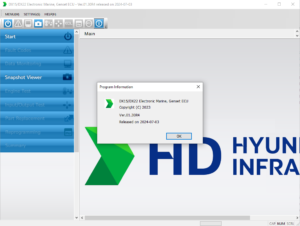

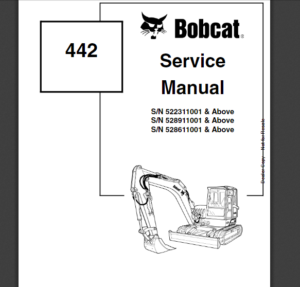


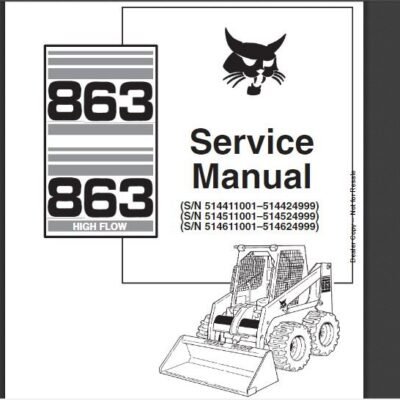
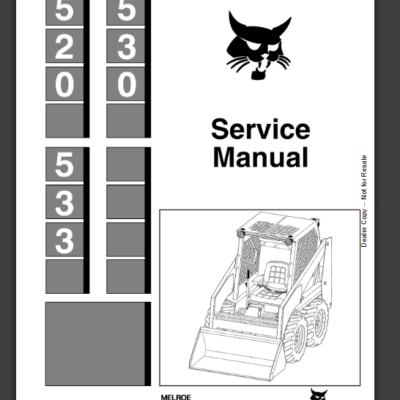
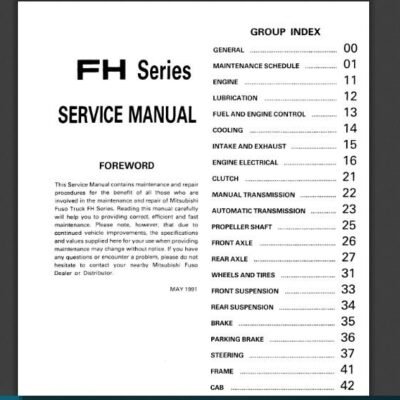
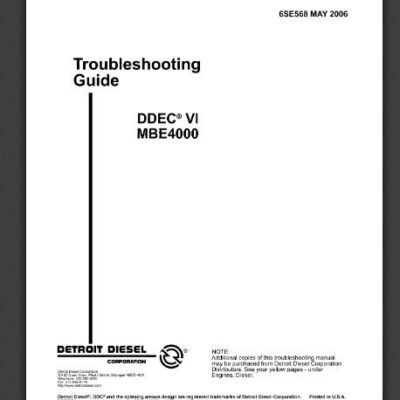
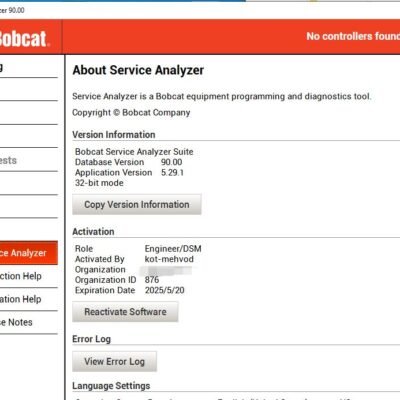

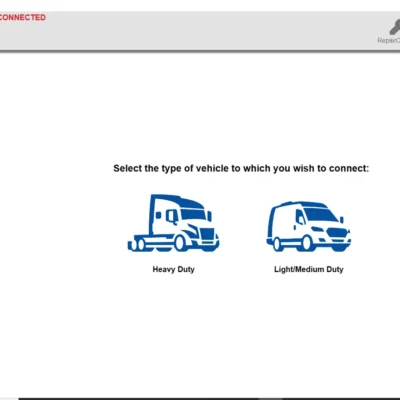
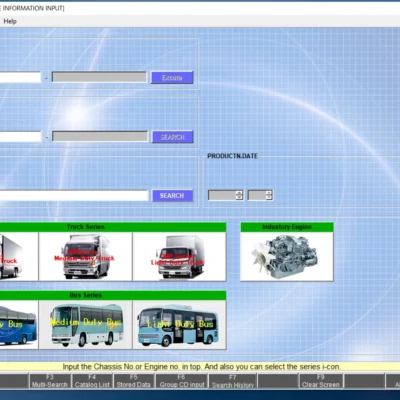

Reviews
Clear filtersThere are no reviews yet.